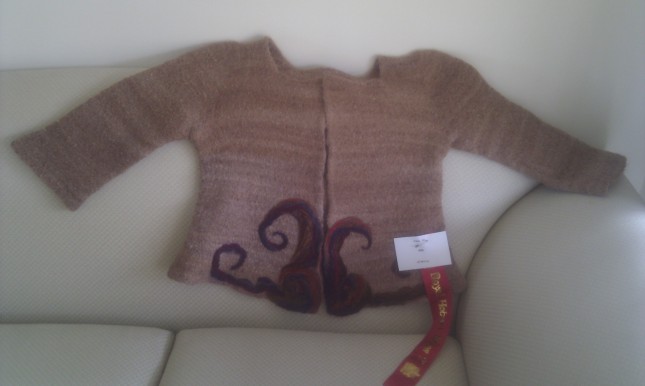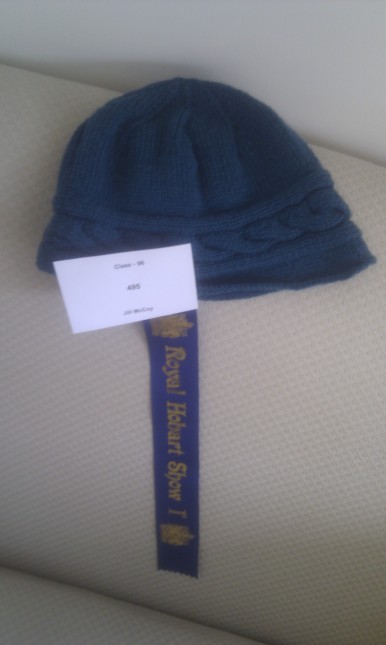The Tasmanian Government’s reduction in funding for a helpline, advocacy and counselling service for elder abuse as reported by the Guardianship and Administration Board shows enormous disregard for elderly Tasmanians.
I urge the Tasmanian Government to return the funding to at least its present level.
The Guardianship and Administration Board’s annual report brings no joy but the reality of elder abuse in our community strengthens my opposition to euthanasia/ assisted suicide.
Read the following article and the case studies with tears: Cuts fear for elder aid Board President Anita Smith,
“The board continues to see examples of ruinous financial abuse of incapacitated elderly persons, who ought to be at an age when they can reap the rewards of hard work and prudent investments but instead are reduced to crippling poverty by the very people that they trusted the most.” . . .
CASE 1: AN 87-year-old demented woman was admitted to an aged care facility after carers noted she was being neglected. When the Public Trustee took over her affairs, it was discovered the woman’s daughter and granddaughter were living in her home, had disposed of her personal belongings and had emptied her banks accounts, while refusing to pay for her aged care fees.
The Guardianship and Administration Board’s annual report was tabled in parliament on Thursday but has not yet appeared on their website, here.
I support the Council On The Ageing Tasmania in their Bid to cut elder abuse,
“Elder abuse is something we are very concerned about in the Tasmanian community and we call for additional resources to support advocacy and a helpline for those in need to contact,”
The reality of elder abuse must inform the Tasmanian Parliament’s deliberation of euthanasia legislation.
Elder abuse is a reality: euthanasia legislation brings the possibility of a death sentence closer to our abused elderly.
See, Euthanasia and elder abuse and in the USA Elder abuse: a fraction reported.


